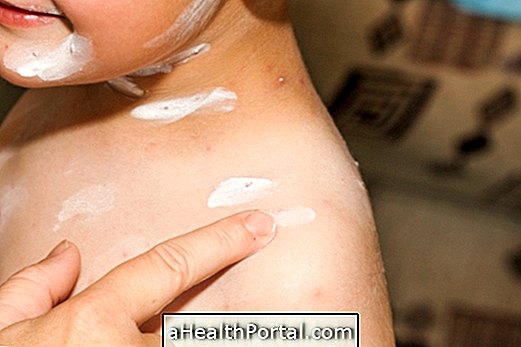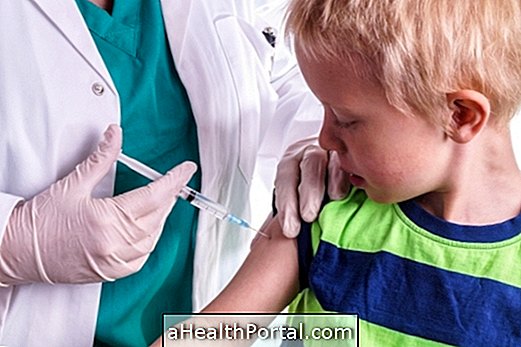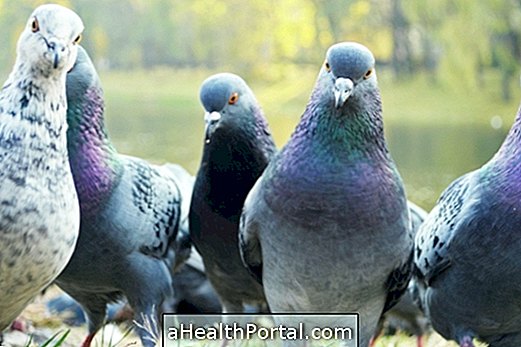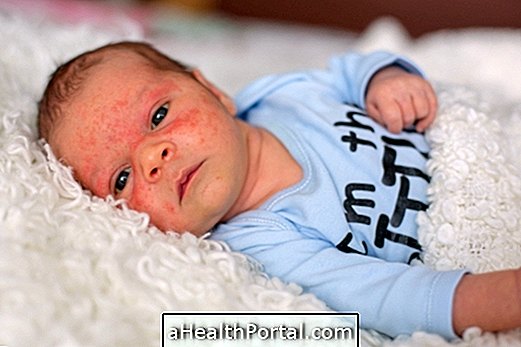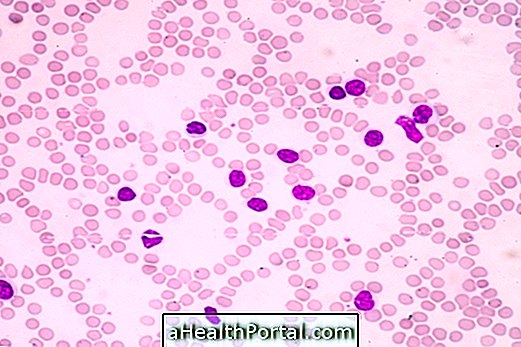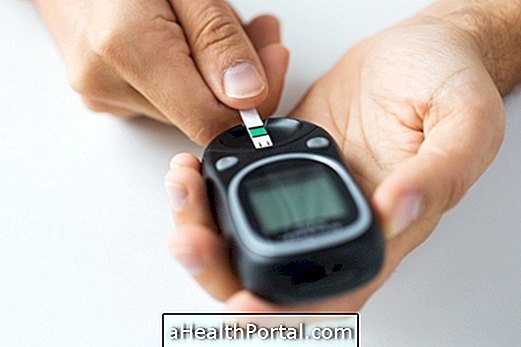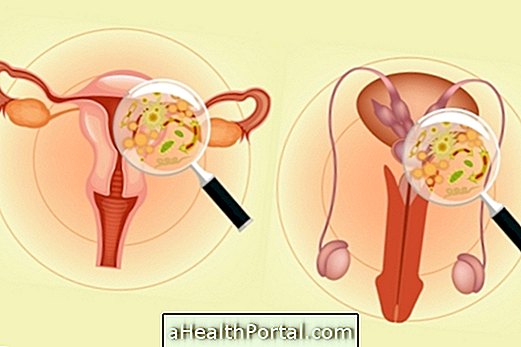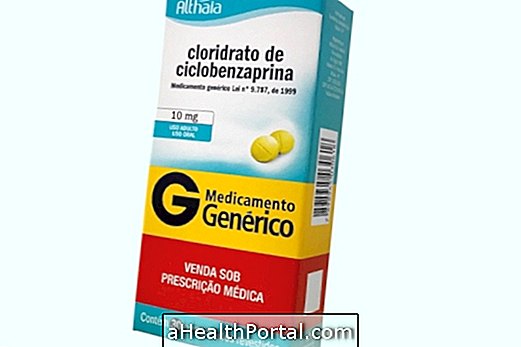Virose is a name given to any disease that is caused by a virus, which can not always be identified. They are usually benign and do not require treatment with antibiotics because antibiotics are not effective in eliminating viruses. They can be treated only with rest, hydration, and control of fever, pain, vomiting and diarrhea if these symptoms are present.
The most common types of virus are caused by Rotavirus, Adenovirus and Calcivirus that cause gastroenteritis, which can affect adults, infants and children. Usually infants and children are most affected because they stay in kindergartens and schools where there may be other contaminated ones.
Here is a list of all the things you can do to avoid getting a virus if you have someone near you.
1. Wash your hands

It is recommended to always wash your hands before eating, and before and after going to the bathroom, and whenever you sneeze or cough, because the risk of having a virus in your hands is less. The hands are the main way to ingest viruses that have been spread through the air or on surfaces such as a table, chair, pen, or telephone.
2. Stay away from the patient
A person with a virus can infect everyone around them, especially when they have episodes of coughing, vomiting or diarrhea, because the virus usually is in these body fluids, which although they are invisible to the naked eye, can contaminate several surfaces and even in the case of respiratory diseases.
The best way to protect yourself is to be at a distance of about 1 meter from the patient, but if you are taking care of a contaminated baby, the best way to protect yourself is to always wash your hands before and after changing the dirty diaper, and do not put the same spoon and cup that the baby is using in your mouth.
3. Do not share towels, cutlery and glasses

Another very useful way of not getting contaminated is to always use the same towel, which can not be used by the patient. Cutlery, cups and dishes should also be for personal use, and should preferably be washed with hot soapy water to eliminate any viruses that may be in these objects.
4. Take the necessary vaccines
Vaccination is a good way to avoid contamination with mumps, rubella and triple virus, for example. Most of them are mandatory, provided by the SUS, however there are other vaccines against certain types of virus that are only given by the doctor in particular, such as chicken pox and rotavirus, for example.
The Rotarix rotavirus vaccine does not protect the 100% vaccinated person against the vomiting and diarrhea crisis caused by rotavirus, but it attenuates the symptoms if the person is infected so as to present milder and more supportable symptoms, while gastroenteritis.
How to know if I was contaminated
The symptoms of the virus can be manifested a few hours after the person is contaminated. Thus, it should present the same symptoms as the patient, but usually the first symptoms are: headache, malaise, nausea. After a few hours other symptoms appear, such as cough, fever, diarrhea and vomiting.
How long does it last?
The incubation period of a virus varies from 3 to 5 days, and its manifestation can last from 3 days to 4 weeks depending on the health status of the individual and the type of infection. People with a good immune system can get cured in 3 or 4 days, but more sensitive people who get sick more easily can take up to 5 days to show no symptoms.
How To Cure Virose Faster
Virosis treatment is done with rest, good hydration, and it may be useful to take the homemade serum, light diet, and it may be necessary to take some analgesic and antipyretic remedy such as Paracetamol to relieve discomfort. Taking medication to stop diarrhea should only be done 3 days after the onset of diarrhea, so that the body can eliminate the largest amount of virus in the stool. Before that, one can take pre or probiotics to regulate the bowel and get cured faster from diarrhea.
